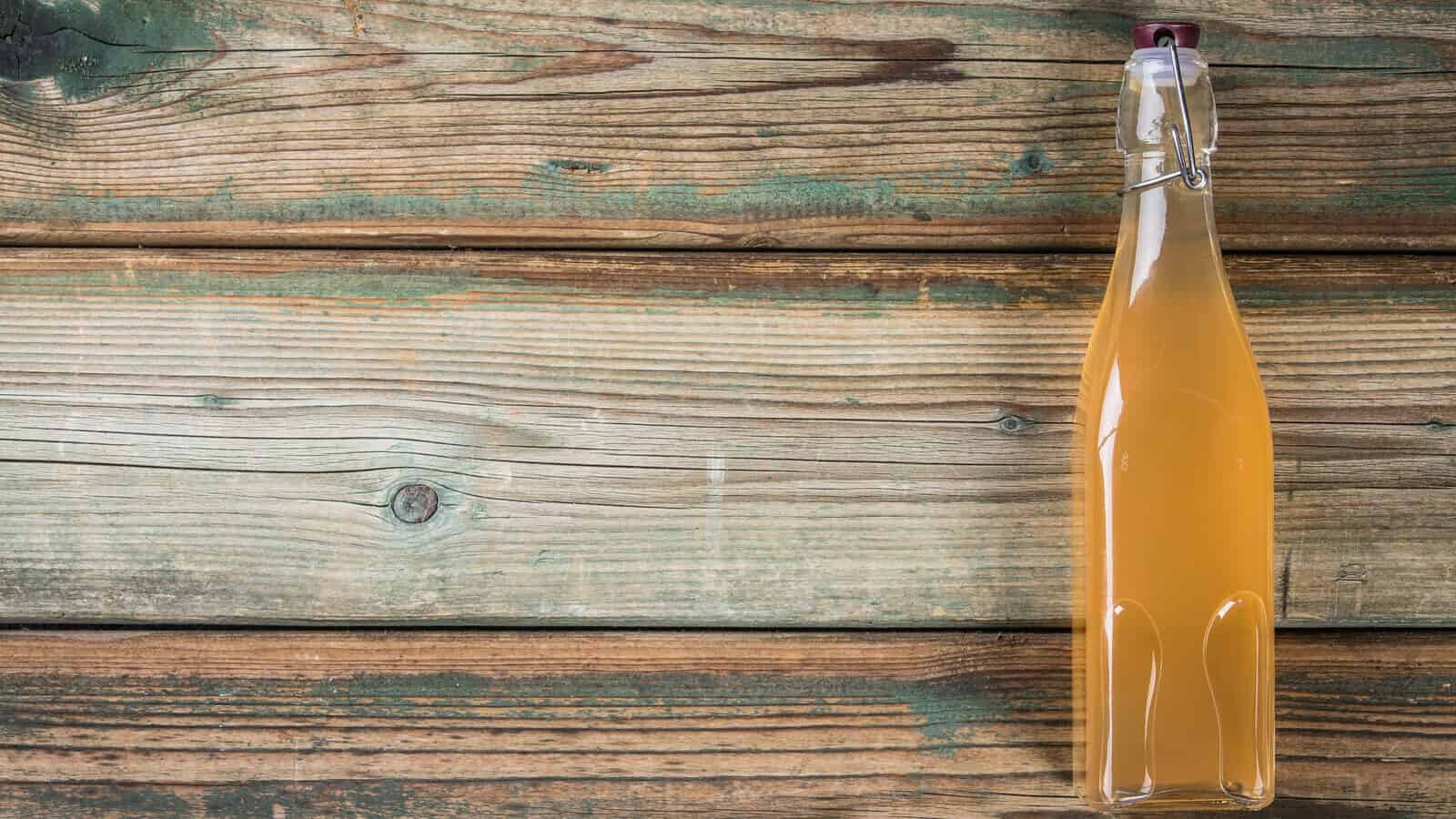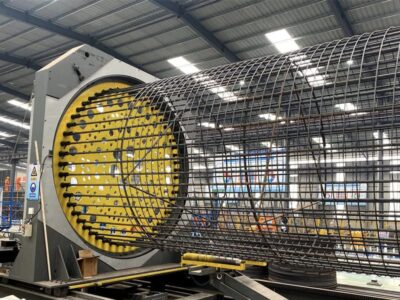When you go to the store to buy nutrients for your plants, you come across a huge supply. What should you choose? Let’s start with the difference between the two major types: liquid or solid fertilizers.
Choose Solid or Liquid Fertilizer Products?
Also think about how you can make the most of it yourself. Liquid fertilizers are easy to dose with the special cap of the bottle and are ideal for small quantities. Solid fertilizers must be weighed out with a scale and be able to spread them evenly. Rather suitable for larger areas, such as a lawn.
Solid Fertilizers
These are sold in the form of granules, powder or tablets. These products must first dissolve in the soil before they release their nutrients. It takes a while there, which is why the effect of these products is not as fast as with liquid fertilizers. Solid fertilizers are mainly intended to be applied in open ground. And preferably not during a period of drought! The granules cannot then dissolve.
The general products are suitable for most garden plants. They contain a standard dose of the three main nutrients NPK, usually sufficient for three to four months. So all summer long. The organic liquid fertilizer is the best option here.
There are also specialized fertilizers on the market. Their composition of nutrients and supplements differs according to the needs of a specific plant. If you want to give specific plant nutrition in a much targeted manner, you can use this. There are products for cacti, for citrus, for roses, for boxwood, for orchid, tomatoes, etc.
Slow-acting fertilizers are also available in this range. This means that they release their nutrients slowly and gradually into the soil so that the plant absorbs them in small portions. Their effect can last up to a year, so ideal if you only want to fertilize once.
Organic Fertilizers: What Are They?
Organic fertilizers are composed completely of natural raw materials derived from plants or animals. Organic fertilizers release nutritious components such as nitrogen, phosphorous, and potassium when soil organisms like as helpful bacteria and fungus break down the fertilizer pellets. These microorganisms present in soil are also referred to as soil life. Organic fertilizers have several advantages:
They contribute to the airiness of the soil structure;
- Organic fertilizers improve the soil’s health and fertility;
- Organic fertilizers are more readily available to the crop than chemical fertilizers;
- Organic fertilizers, in contrast to chemical fertilizers, do not include sodium (salts).
Liquid Fertilizers
The nutrients in liquid fertilizers can be immediately absorbed by the plant. Therefore, these fertilizers must always be administered in limited doses but often. When the plant needs it. Liquid fertilizers are diluted with the irrigation water and applied close to the roots. This is not a convenient method for large surfaces.
There is also foliar nutrition, usually a product with a lot of nitrogen (N) that you spray on the leaf. This works very quickly as a first aid for an ailing plant that is no longer able to absorb water with nutrients through the roots. Plants in pots quickly recover, especially if this treatment is combined with the care of the potting soil.











Comments